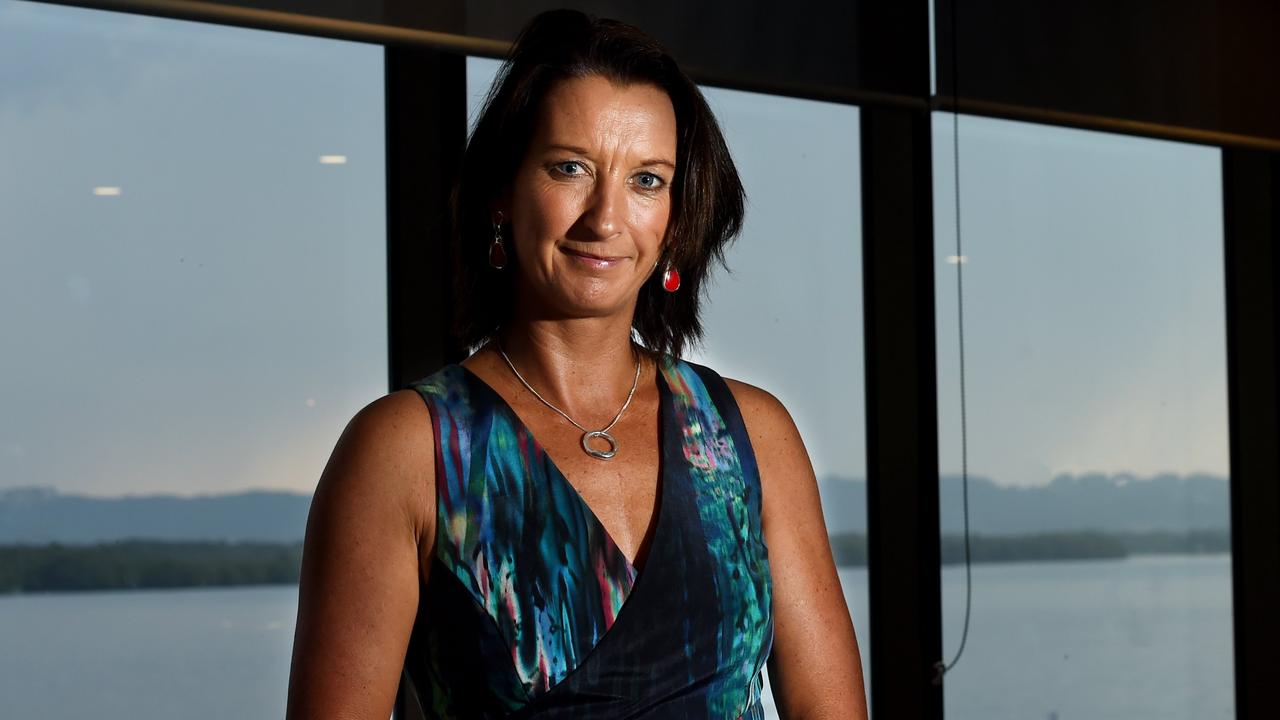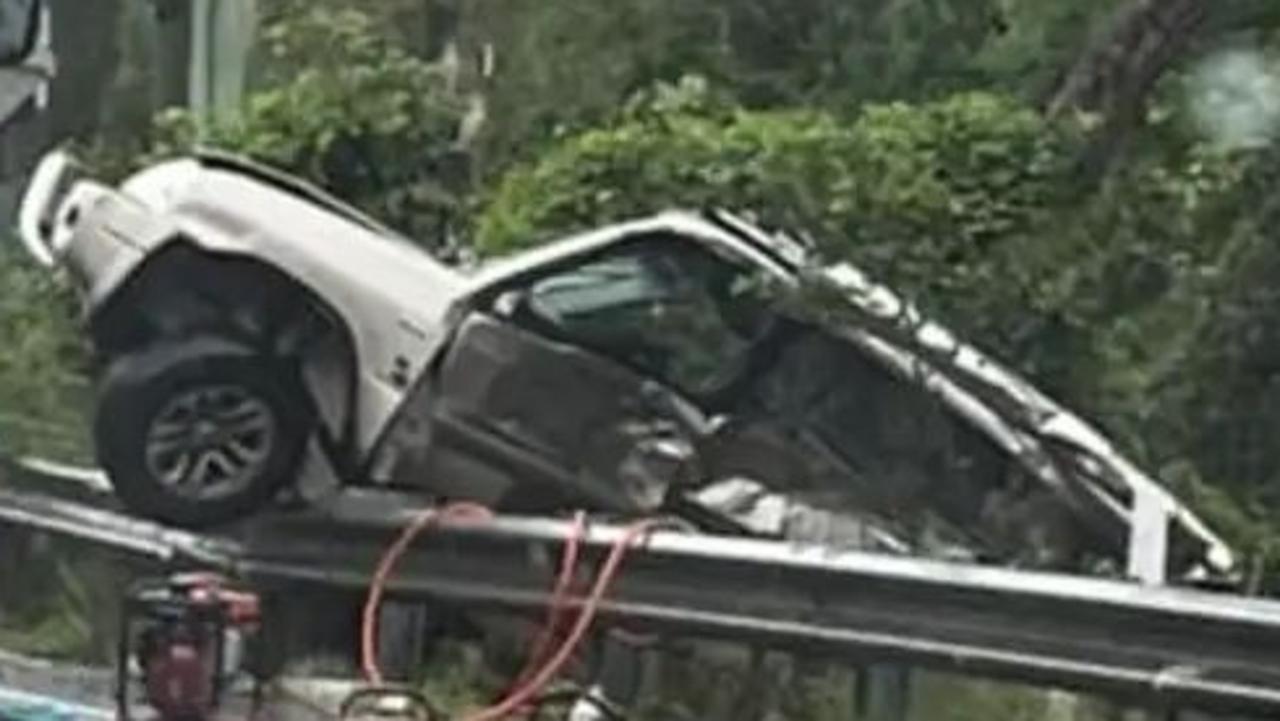Doctors fear surgery delays as saline drips rationed at Queensland hospitals
Queensland hospitals may have to ration saline drips for months amid a global shortage, with concerns surgeries may have to be delayed.

QLD News
Don't miss out on the headlines from QLD News. Followed categories will be added to My News.
Saline drips are being rationed at Queensland hospitals to cope with a global shortage and doctors fear surgeries could be delayed to ensure the critical IVs are available for medical emergencies.
It is understood that the state will be impacted by the supply problems until the end of 2024 and the government has set up a working group to help hospital staff manage the shortage.
Australian Medical Association Queensland president Nick Yim said that medication and supplies shortages require long-term strategic planning to ensure there is adequate supplies for the state.

“This may include local manufacturing. In the meantime, we will have to prioritise emergency and life-threatening situations,” Dr Yim said,
“Our doctors and healthcare professionals can adapt to clinical situations or use alternative solutions. However, there are some instances where there is no alternative and this might mean some elective procedures need to be delayed to ensure adequate supply for emergencies,” he said.
But Queensland Health reports that the state is well placed, despite of the critical shortage, and no surgeries have been cancelled and this is not expected in the future.
Patients on saline drips are commonplace in hospitals and the fluid is necessary to treat a multitude of conditions including dehydration, it is given to those having surgery, in cases of trauma and is used to help administer medications through the veins.
The Therapeutic Goods Administration (TGA) told The Courier-Mail that the shortages in the state’s hospitals and across the country are due to manufacturing issues and unexpected increases in demand.
“To improve supply, the TGA has allowed the importation and supply of multiple overseas-registered alternative saline fluids and has further applications for supply under consideration,” a spokesman said.
The TGA is working closely with state and territory health departments and advising them when new suppliers are approved and to assist in ordering
A saline drip is not just made up of salty water. The fluid content has the exact amount of salt to water that is found in a person’s blood and tears which contains 0.9 per cent salt.
Dehydration is a common condition and the saline drip replaces lost fluid and prevents or corrects some types of electrolyte imbalances.
The Queensland Ambulance Service and veterinary clinics will also be impacted by the supply problems and are also being advised to conserve their stocks of saline.
The Australian Veterinary Association is actively collaborating with manufacturers and distributors to secure IV fluid supplies for the veterinary profession. Vets have been warned that in-house compounding of IV fluids is not recommended.




